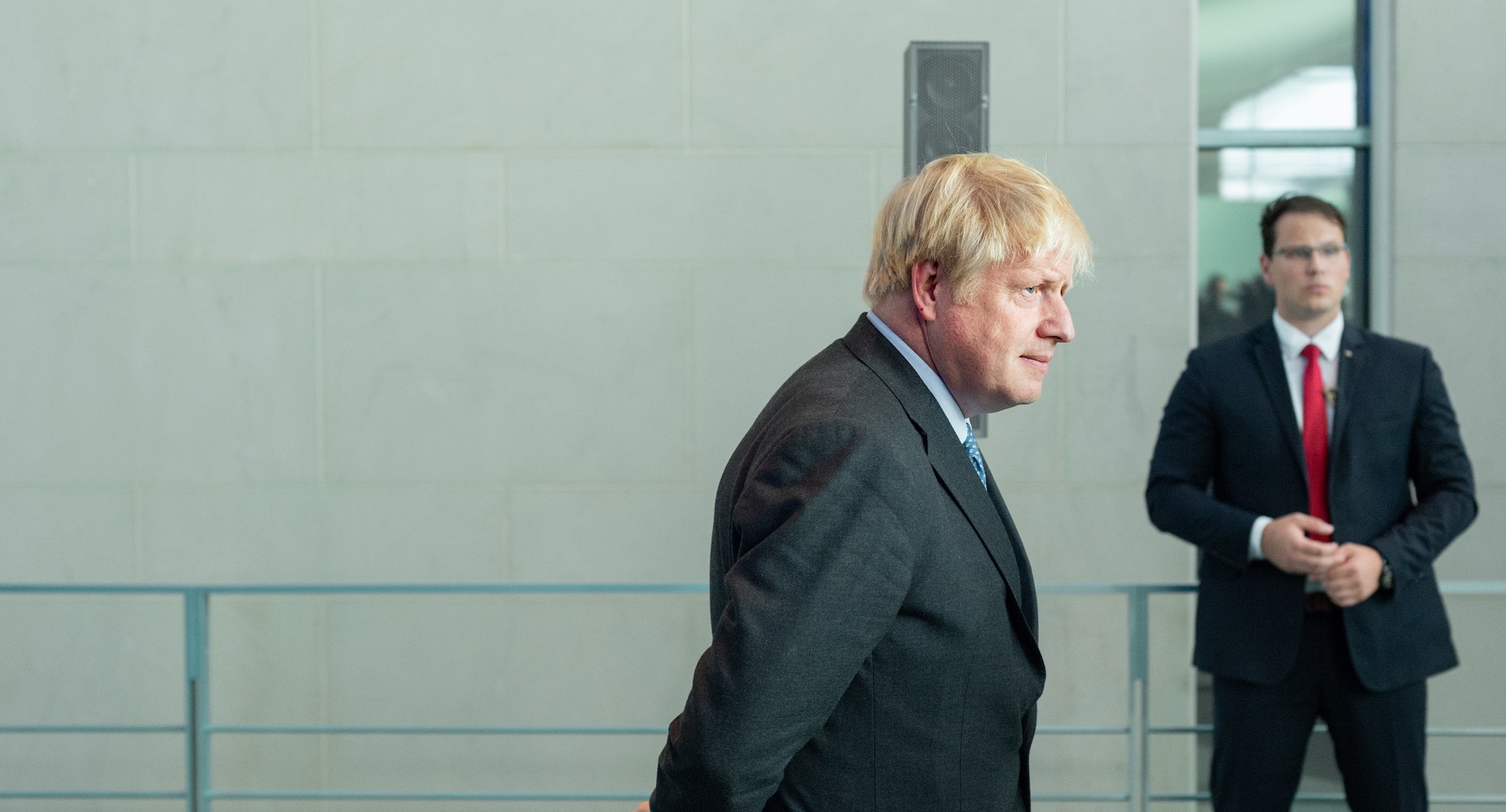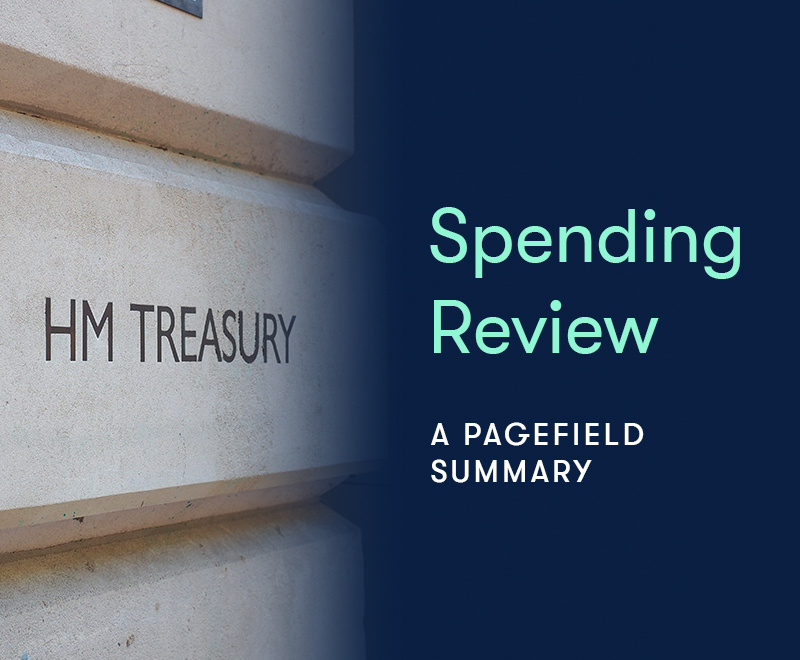The Tory campaign got off to a disastrous start, replete with gaffes, resignations and social media #fails. Christmas came early for Labour HQ when, in the middle of week one, Jacob Rees-Mogg questioned the decision-making of the victims of Grenfell; an error compounded by later comments from Andrew Bridgen who turned the gaffe into a crisis. This is truly toxic for the Tory party as it reinforces the perception that they are unable to relate to ordinary people and don’t care for their needs. It also plays straight into the hands of the Labour party who are pitching themselves as the party “of the many”.
But after a tricky first week, things may be looking up for the Tory campaign. The Brexit Party’s decision earlier this week to stand down in Tory seats is a huge concession and as close as the Tories will get to an admission from Farage that his mission is already complete. Most importantly, it’s a concession the Tories got for free: no promise of a coalition and no constituency pacts.
Some commentators have pointed out that the Brexit Party’s capitulation doesn’t actually help the Tories gain Labour seats, which is what Boris needs to do to get his precious majority. It’s certainly true that the Brexit vote is still split in these seats, but all that really matters is that the Tories will benefit more than the other parties and they are already using this in Labour marginals to persuade swing voters that voting Tory is the best way to “get Brexit done”. It also means that Farage and his party will get significantly less airtime from broadcasters and (CCHQ will be hoping) fade into insignificance.
The Brexit Party’s decision comes at a good time for the Tory ground campaign. Any early optimism was given a bitter dose of reality in week one, but it is beginning to build again as Boris puts in a string of solid performances in Edinburgh, Nottingham and Belfast. Online, the digital operation is stepping up significantly with more sophisticated official content from Boris and CCHQ while the Tory meme machine targets key marginals.
As for the Prime Minister himself, he is certainly more of a marmite character than he was when he won two terms as London Mayor but his strengths as a campaigner have endured. Whether it’s stepping over the jump ropes, taking selfies with school children or pouring pints for vets in Wolverhampton, he is putting two fingers up to the stage management that defined his predecessor’s campaign and trying to position himself as the people’s PM. Whether this cuts through to the wider electorate remains to be seen but it strikes a contrast against the Labour campaign, with its energy defined by a double helping of porridge.
And it is precisely this contrast that is going to define the Tory campaign going forward. The talking points for volunteers and activists are focussed almost entirely on Mr Corbyn, emphasising his “chaotic” Brexit policy, his plans for “unlimited and unrestricted immigration” and his £1.2 trillion manifesto. Sifting through the hyperbole, it’s clear that the Tories are banking on a two-party squeeze along the lines of the last election. 2017 saw a resurgence of two-party politics, with the Tories squeezing UKIP and Labour picking up votes from those who saw them as the best way of stopping Brexit. For this campaign, that means ignoring the Lib Dems and going after Brexit-supporters who may not have voted Tory before. Losing seats like St Albans may be a price worth paying in this context, but the bigger risk is that it relies on voters being willing to compromise – in other words, hold their nose and vote Tory because they want to get Brexit done.
It is too early to say whether this strategy is working but we know that it relies heavily on being able to undermine Corbyn’s support. The fact that they haven’t managed to land a significant blow on Corbyn is therefore the biggest weakness of the Tory campaign so far. It’s difficult to attack his spending plans when your own pledges involve significant borrowing and talking endlessly about Corbyn’s chequered past doesn’t work when everyone has already made their mind up about it. The Tory party will need to come up with something fresh in order to set themselves apart from their main opposition.



